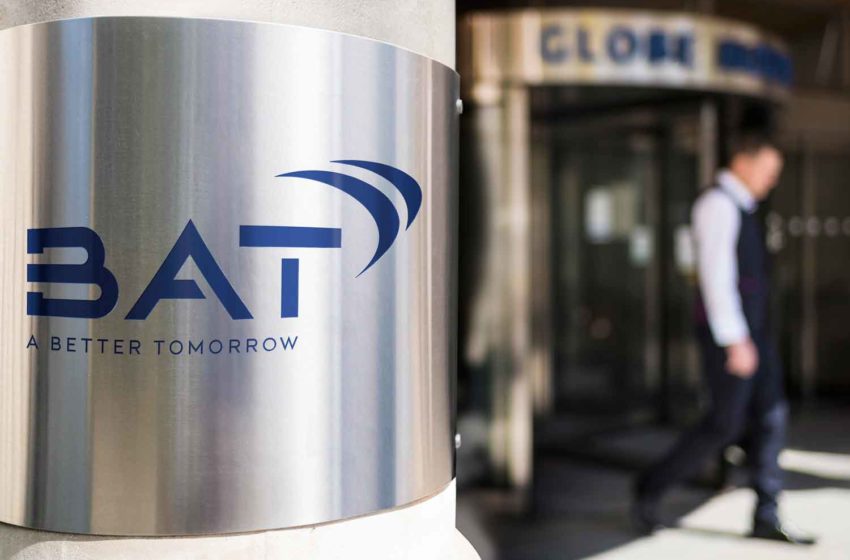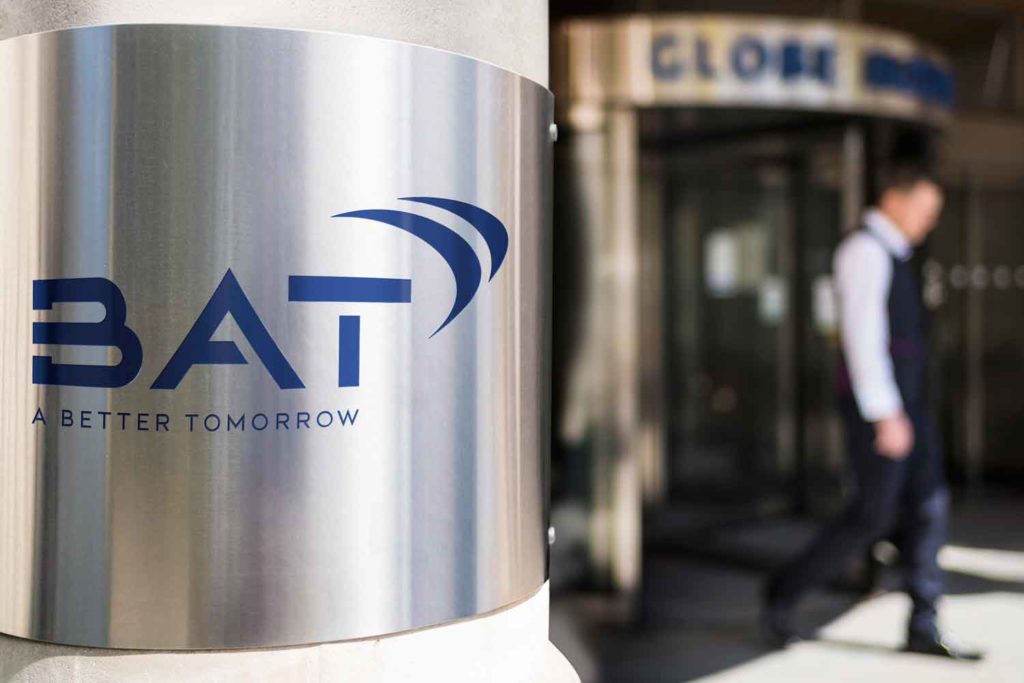
A U.S. federal judge dismissed a class-action lawsuit brought against RLX Technology by investors who claimed that the company overestimated its financial prospects before its initial public offering, reports Lexis Legal News.
Judge Paul A. Engelmayer of the U.S. District Court for the Southern District of New York found that RLX Technology did not misrepresent or omit known information about the future regulation of e-cigarettes in China.
“[T]he Offering Materials adequately disclosed the possibility of stricter regulations—Indeed, the possible outright prohibition—of e-cigarettes in China,” Engelmayer wrote. The judge also found that the plaintiffs lacked standing to bring a claim because they did not purchase their shares in the IPO.
Founded in 2018, Beijing-based RLX went public on the New York Stock Exchange in January 2021. The offering raised $1.39 billion, according to data provider Dealogic. Its stock price fell sharply after Chinese regulators in March proposed treating vapor products like regular cigarettes.
The value of RLX shares dropped nearly 48 percent from $19.46 per share on March 19 to $10.15 at closing on March 22. As of November, the shares were valued at just over $4.
Certain investors later alleged that RLX in its offering documents made misleading statements about China’s regulations of e-cigarette products that made the company’s value appear to be greater than it is.
It allegedly stated that its products were not subject to regulation and would not fall under China’s Tobacco Monopoly Law and failed to disclose that Chinese regulators were developing new standards for e-cigarettes under which they would be regulated in a manner similar to the way ordinary cigarettes are regulated.
It also allegedly stated that it expected to continue profiting from China’s growing vaping market, but allegedly failed to disclose how its profits would be affected by the new Chinese regulations of the vaping industry.



















